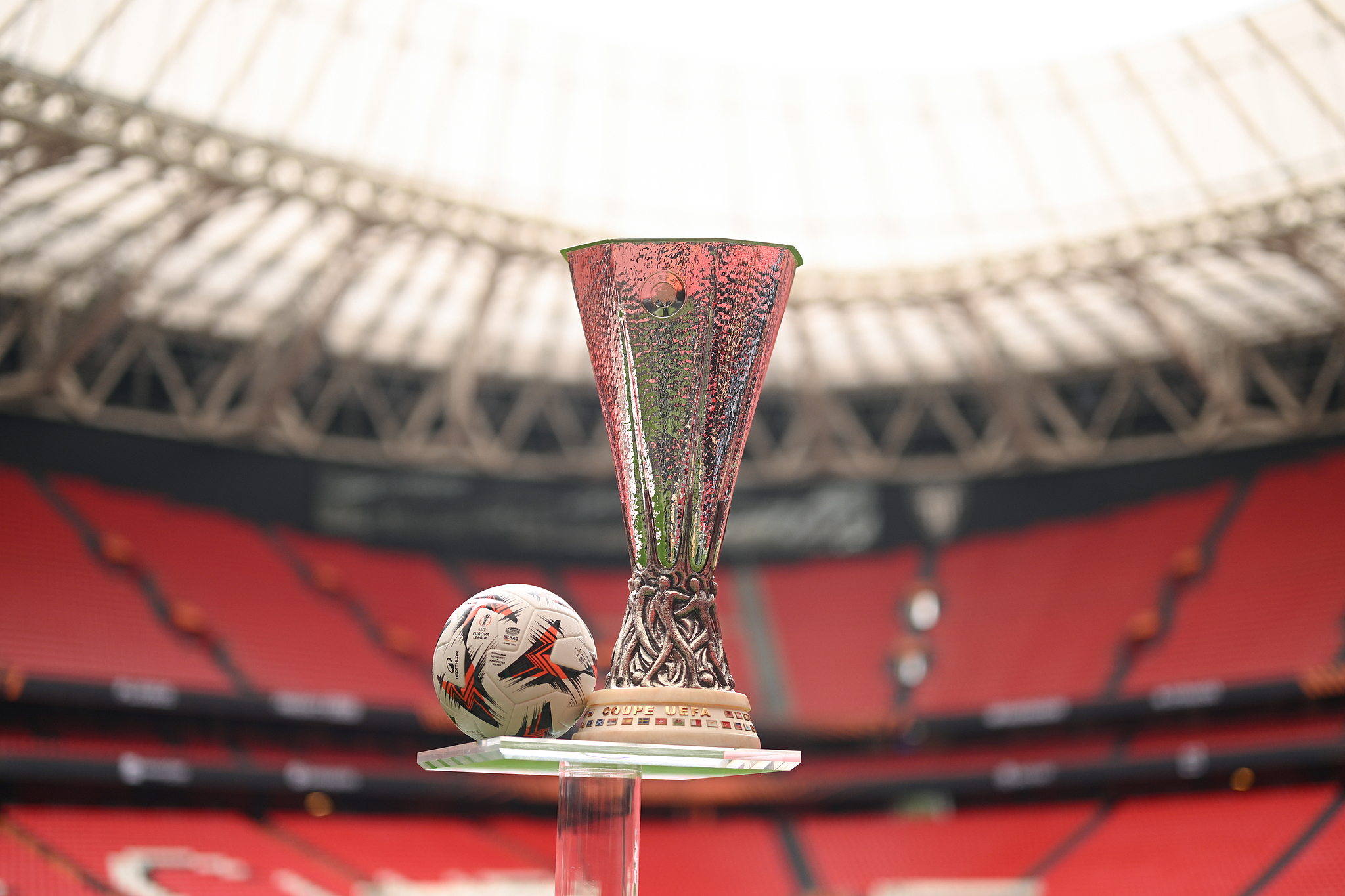

News
How Europa League Final Offers Huge Financial Boost For Manchester United And Tottenham Hotspur
Manchester United and Tottenham are striving to turn around their disappointing domestic seasons in Wednesday’s Europa League final.
Securing a spot in next season’s Champions League is just as important as lifting the trophy itself.
Both clubs head to Bilbao for the final assailed by stinging criticism amid their worst seasons of the Premier League era.
Manchester United are sitting 16th in the league, and Tottenham are just one point worse off in 17th place, with only one game remaining.
The relegation struggles of Ipswich, Leicester, and Southampton have largely kept United and Tottenham from a shameful fight to stay above the drop zone.
Without those struggling teams, both clubs might be embroiled in a tense battle to avoid relegation.
For the loser of the final, the hangover from this season threatens to be a long one as the lack of European football will deal a monumental blow to their budgets going forward.
”It really does impact, I think, the next two or three years for both clubs,” said former United captain Gary Neville.
”They need investment into their teams, and if they don’t get this Champions League money, then there is going to be a lot less investment, which means they might not make the Champions League next season.”
Manchester United have only missed out on European qualification once in the past 35 years.
The club’s finances are currently under pressure, as co-owner Jim Ratcliffe has enforced significant cost-cutting measures since purchasing a minority stake a little over a year ago.
United recently announced a further 200 redundancies were planned after 250 jobs were cut last year.
In defending those decisions, Ratcliffe claimed in March that the Red Devils would have “run out of money at Christmas” without that action.
Investment is needed at Old Trafford both on and off the pitch.
Fastest Way To Get Funding
Manchester United revealed earlier this year their plans to build a new 100,000-capacity stadium, estimated to cost around £2 billion.
Since taking charge as manager in November, Ruben Amorim has struggled to reverse the team’s fortunes, managing only six wins in 26 Premier League matches.
”For me, the Champions League is more important,” said Amorim last week on whether a place among Europe’s elite or a trophy in his first season was more vital.
”The best way to help us to get to the top in a few years is the Champions League. It is not the title, the trophy.
”The most important thing is how this title could help us to get back to the top faster.”
Conservative estimates indicate that winning at San Mames could be worth around £70 million for the victorious team.
United earned £52 million from their group-stage exit in last season’s Champions League.
Since then, a major overhaul of European competitions has led to more games and increased prize money from UEFA.
”A good season in the Champions League can be worth far more than £100 million,” football finance expert Kieran Maguire told the BBC.
”By the time you combine gate receipts, sponsor bonuses, and the prize money available, the numbers involved are eye-watering.”
What it means for Spurs
Tottenham chairman Daniel Levy has been criticized by supporters for prioritizing financial sustainability over winning trophies.
Despite the club’s income increasing dramatically over the last two decades, Spurs have gone 17 years without securing silverware.
On Wednesday, they hope to end that drought with a victory in the final.
A state-of-the-art new stadium has opened up fresh revenue streams from hosting concerts to world title boxing bouts.
Yet, Spurs have still managed to lose over £100 million in the past two seasons.
”We cannot spend what we do not have,” said Levy when the club’s latest accounts were revealed in March.
Whoever does not win on Wednesday will face a difficult journey to return to the top level of European football.













